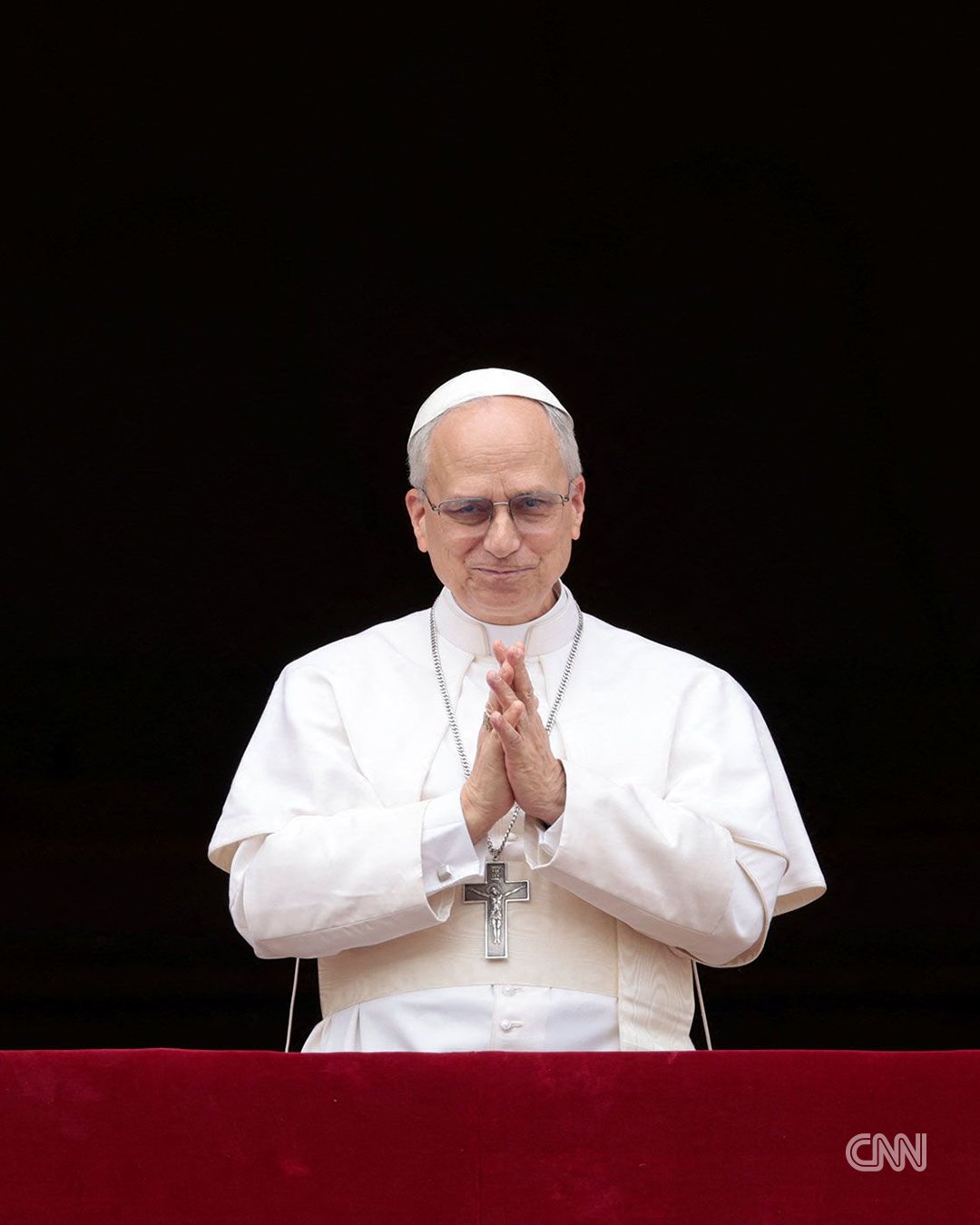Speaking from the heart of the Vatican, Pope Leo XIV delivered a moving address urging the global community to end the violence and suffering in Gaza and Ukraine, while expressing cautious optimism over the recent ceasefire between India and Pakistan. His message was one of deep compassion and moral urgency, calling for immediate humanitarian efforts and diplomatic solutions to bring relief and hope to regions gripped by conflict.
Solidarity with Ukraine: A Nation in Need of Healing
Pope Leo XIV began by turning attention to Ukraine, expressing deep concern for a country ravaged by prolonged war. “The pain of the Ukrainian people weighs heavily on my heart,” he said, his voice filled with emotion. He called for a genuine and lasting peace, urging the release of prisoners and reunification of families torn apart by the conflict. The Pope’s message reflected not just sympathy but a firm moral stance—reminding the world of the need to uphold human dignity and pursue reconciliation through dialogue and compassion.
The Vatican continues to champion peace in Ukraine, building on its long tradition of advocating nonviolence and human rights. In reinforcing this message, Pope Leo XIV reaffirms the Church’s commitment to being a voice for justice and humanity in times of war.
Grief for Gaza: A Call to Ceasefire and Aid
The Pope’s address then turned to the dire situation in Gaza. With visible sorrow, he condemned the ongoing violence and pleaded for an immediate ceasefire. “The suffering in Gaza is heartbreaking,” he said, calling for urgent humanitarian assistance and the release of all hostages.
His words served as a plea to the international community: end the bloodshed, provide life-saving aid, and protect innocent civilians. Emphasizing the human toll over political agendas, Pope Leo XIV’s message cut through the noise of geopolitics to center the needs of the vulnerable. The Vatican’s consistent advocacy for the oppressed once again echoed through his remarks.
Hope in South Asia: A Step Toward Peace
Shifting to a more hopeful note, the pontiff welcomed news of a ceasefire agreement between India and Pakistan—two nations long locked in a cycle of tension. “The announcement of peace between India and Pakistan gives me hope,” he said, urging both nations to use this moment to build lasting diplomatic bridges.
The Pope’s support for the ceasefire signals the Vatican’s encouragement of peaceful dialogue over conflict. By recognizing this development, he lends moral support to those working toward a more stable and cooperative future in the region.
A Global Appeal for Unity and Compassion
Pope Leo XIV’s address wasn’t limited to specific regions—it was a universal call to action. Rooted in the Church’s core teachings on peace and the sanctity of life, his message called on world leaders and citizens alike to prioritize human lives over power and politics.
He urged the international community to act swiftly: end the violence, deliver aid, free the innocent, and reunite broken families. His vision of peace is not passive—it is active, immediate, and grounded in compassion.
The Vatican’s Enduring Role in Peacebuilding
Under Pope Leo XIV, the Vatican continues its role as a global advocate for peace. Following the footsteps of past popes—from John Paul II’s efforts during the Cold War to Francis’ work in the Middle East—Leo XIV’s leadership is marked by a commitment to justice and moral clarity.
By addressing crises in Gaza, Ukraine, and South Asia in one speech, he emphasized the interconnected nature of global suffering—and the collective responsibility to address it.
Looking Forward: A Path Through Compassion
As the world navigates violence, uncertainty, and fragile truces, Pope Leo XIV’s message serves as a beacon of hope. His plea for ceasefires, humanitarian action, and sincere diplomacy outlines a practical path toward healing and resolution.
To Ukrainians, his words signal solidarity. To the people of Gaza, they offer a lifeline of empathy. To India and Pakistan, they affirm the power of dialogue. In a time of division, Pope Leo XIV’s call is a powerful reminder that peace, though difficult, is always worth striving for.
